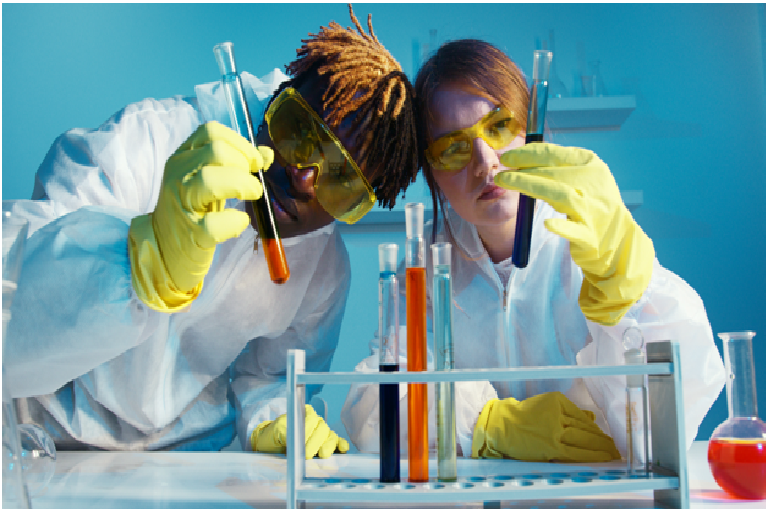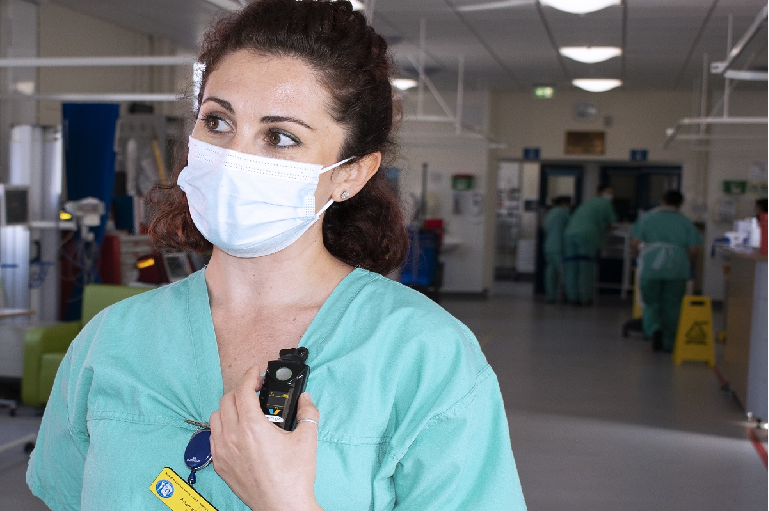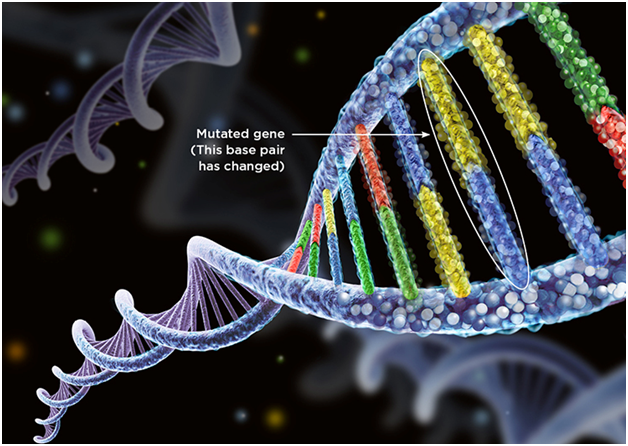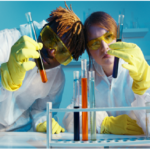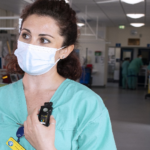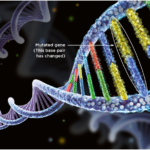Scientists have arrived at a key understanding about how cancers in individual patients spread, or metastasize, a study from the Stanford University School of Medicine and other collaborating institutions reports.
The study found that mutations that drive cancer growth are common among metastases in a single patient.
Most cancer-related deaths are caused by metastases, or secondary tumors in distant locations of the body that have spread away from the original, primary tumor. While primary tumors can often be surgically removed, metastatic tumors typically require treatment such as standard chemotherapy or targeted therapy. The success of such new targeted therapies depends on the presence of a specific mutation in all cancer cells, in particular in metastatic tumors.
Until now, most studies that aimed to decode the genetic variability, or heterogeneity, of cancers focused mainly on primary tumors. And while that information is still extremely valuable, it leaves much of the story untold; cancer cells are notorious for their ability to change, evolve and evade treatments, particularly as they spread in the body.
“We took samples from multiple untreated metastases of each patient, and we observed a mix of overlapping and differing driver mutations,” said Johannes Reiter, PhD, an instructor of radiology at Stanford. “But through computational analyses, we inferred that the driver mutations that were most likely to contribute to cancer development were shared among all metastases in each patient.”
A tumor comprised of billions of cells is riddled with genetic mutations; cancer cells and normal cells acquire multiple mutations as they divide. Identifying the driver mutations that significantly contribute to cancer development is critical to precision oncology, in which doctors aim to treat a patient’s cancer based on its genetic composition.
“Doctors might take a sample of the primary tumor and find some mutation — call it mutation X — in a driver gene and then treat it with a drug that targets that driver gene to specifically kill all cells that have mutation X,” Reiter said. “But what if that particular mutation is only present in some of the metastases of the patient?” Only the metastases comprised of cells with mutation X would respond to treatment and shrink or go extinct; those without mutation X would continue to grow. In the end, the doctor wouldn’t see a remission of the patient’s cancer if driver mutations were different across its metastases. “So that’s why it’s very important for us to know whether or not the driver gene mutations are the same across all metastases of the patient,” Reiter said.
The paper was published Sept. 7 in Science. Reiter; postdoctoral scholar Alvin Makohon-Moore, PhD, at Memorial Sloan Kettering Cancer Center; and graduate student Jeffrey Gerold, at Harvard University, share lead authorship. Martin Nowak, PhD, professor of biology and of mathematics at Harvard University, is the senior author.
Will the real driver mutations please stand up?
Driver mutations occur in genes known to be involved in tumor genesis — such as genes that typically control cell division. When mutated, these genes may spur a cell to divide in an uncontrolled fashion, generating cancer. While hundreds of driver genes have been identified across cancer types over the last decades, relatively few mutations are thought to be important in the development of an individual’s cancers. Likewise, it’s hard to know which ones are truly culpable and which are “passenger mutations,” or innocuous mutations that occur by happenstance and are just along for the ride — even if they occurred in a driver gene.
To see whether driver gene mutations were the same across all metastases of a patient’s cancer, Reiter and his colleagues analyzed DNA samples from 76 untreated metastases from a group of 20 patients with eight different cancer types, making sure at least two distinct metastases were sampled in each person.
Like choosing the right suspects in a lineup, the scientists picked out the mutations that occurred in known driver genes and investigated whether or not they were found in all the sampled metastases of an individual patient. In some cancers, the researchers only identified two driver gene mutations; in others, there were as many as 18.
By analyzing their data against massive databases that hold mutational data of more than 25,000 previously sequenced cancers, they found that the driver gene mutations that were shared among all metastases in an individual were also frequently mutated in previously sequenced cancers, indicating that these mutations are the true drivers of the disease and play a critical role during cancer development.
The scientists also saw that the few driver gene mutations that were not found across all metastases of a patient’s cancer were predicted to have weak or no functional consequences. In other words, the mutations not shared among all metastases were likely passenger mutations, despite their occurrence in driver genes, and likely did not play a critical role during cancer development. This finding could open new avenues to understanding and interpreting tumor biopsies in the future, Reiter said.
Confirming common driver mutations
Reiter said that, for now, it’s too early to generalize these findings due to the small cohort size. But the study does suggest that tumor samples from a single metastasis typically represent the full set of functional driver mutations of a patient’s cancer.
Next, Reiter hopes to expand the study to more patients with different cancer types. “It’s rare that we can access untreated metastases, and that’s fortunate for the patients, but we do want to look at the concept of our findings in a larger cohort,” Reiter said.
Studies of treated samples cannot provide the same mechanistic insights of cancer evolution, he said, because the observed mutations could be the result of the treatment and may not have been observed with a different treatment, or none at all. “We want to see if the idea of common functional drivers holds up when dealing with 20 to 30 cancer types and hundreds of untreated samples,” he said.
Other researchers from Harvard University and Memorial Sloan Kettering, as well as researchers from Johns Hopkins University, also contributed to the study.
The study was supported by funding from the National Institutes of Health (grants K99CA229991, CA179991, F31CA180682, T32CA160001-06, F31CA200266, U24CA204817 and CA43460).
Stanford’s Department of Radiology also supported the work.




























